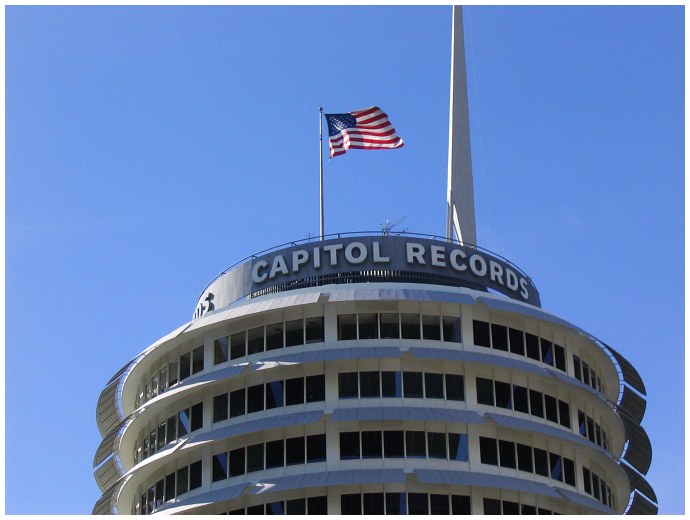LABELS: The major labels of the music industry are suffering.
By Stephen Park, Staff Writer
It must be amazing to be a musician; they are treated like royalty and followers worship the very ground they walk upon. We envy the fame, the fortune and the popularity. Music culture has a much bigger impact on our lives than we realize, yet what appears to be a glamorous empire is actually built upon pillars of decaying, termite-infested blocks of wood. Chipped marble. Rusted, creaking steel. The big labels of the music industry are falling. Independent labels are breaking free from their chains and creating kingdoms from the industry’s rubble.
It’s an interesting time to be a musician. After the rise of Napster, the end appeared to be nigh for all musicians. Record stores began closing faster than Blockbuster, and new torrenting sites appeared everyday. By the end of 2010, anyone with a computer could be a digital pirate and the music industry was playing hard to catch up. But just what does the industry do for artists?
The industry is a firm of musical real estate agents. They fill your home with the finest furniture and post open house flyers all over town to attract any and all potential buyers. The promoters, venues, road crew and studios are all supplied by the industry. But modern times prove that there is little need for them anymore.
Look around you: unknown artists explode overnight from viral videos. Artists are discovered through Spotify and Pandora hourly; the promotional aspect of the major industry is void. It is true that music sites like Spotify give artists a fraction of a penny for every time their song is played. According to Thom Yorke of Radiohead, “new artists you discover on Spotify will not get paid.” The industry treats the artists as if they were workers from the twenties. Yet many artists are willing to sacrifice their royalties. It’s a small sacrifice to exchange the peanuts major labels pay them for fame. At least this way many aspiring artists get all the revenue for selling an album or a single, instead of the industry average of of a 1.25 per record sale and .03 for every single. In addition, there are many other means of promotion such as YouTube, Bandcamp, Soundcloud and Kickstarter.
Not only do big labels scam musicians for everything they earn, they also block artists’ creative control. They create images for them and force musicians to adopt their assigned image. Musicians become artificial with their personas, fanbase and music. Well-known rapper Macklemore states that he and his partner, Ryan Lewis, do not need a major record label to promote their music because they want “to do that in a way that’s real and true to who [they] are as people. Because that’s where the substance is. That’s where the people actually feel the real connection. And labels don’t have that.”
Along with scamming, there are just too many aspiring musicians these days. In 2009, Forbes magazine showed that there were 106,000 new albums compared to 38,000 albums in 2003. Rising musicians get buried in the sheer volume of talent that challenges them. That’s why many musicians rely on smaller labels that have less people signed to them.
The rise of the modern age of music was devastating to the industry, but to say that the industry is failing is a naive thought. The music industry is simply adapting by getting rid of label monopolies thereby enabling artists to become self-established.
Photo courtesy of www.you-are-here.com

